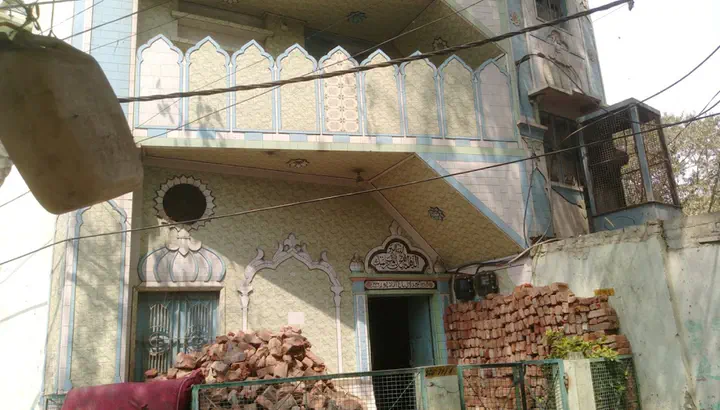Social Accountability and Public Goods Provision: Testing Informal Mechanisms to Improve Community Welfare in the Slums of Delhi
 Picture of a Mosque in Lal Bagh, one of the communities in which we ran our survey.
Picture of a Mosque in Lal Bagh, one of the communities in which we ran our survey.Abstract
Efforts to uncover the microfoundations of the negative association between diversity and public goods provision point to the role of social norms in facilitating collective action. Based on a survey experiment in slums in Delhi, we test three forms of social accountability: i) horizontal accountability through peers, ii) pressure from local elites or vertical accountability, and iii) signaling ingroup underperformance or the black sheep effect. Contrary to expectations, we find that none of these forms of social accountability affect willingness to cooperate on aggregate. Levels of ethnic diversity also do not condition the outcomes. However, exploratory analyses show that the effects vary by religion. While Hindus do not respond to the treatments, Muslims express greater intent to participate. Our findings call for research on how minority status might shape contributions to local welfare.